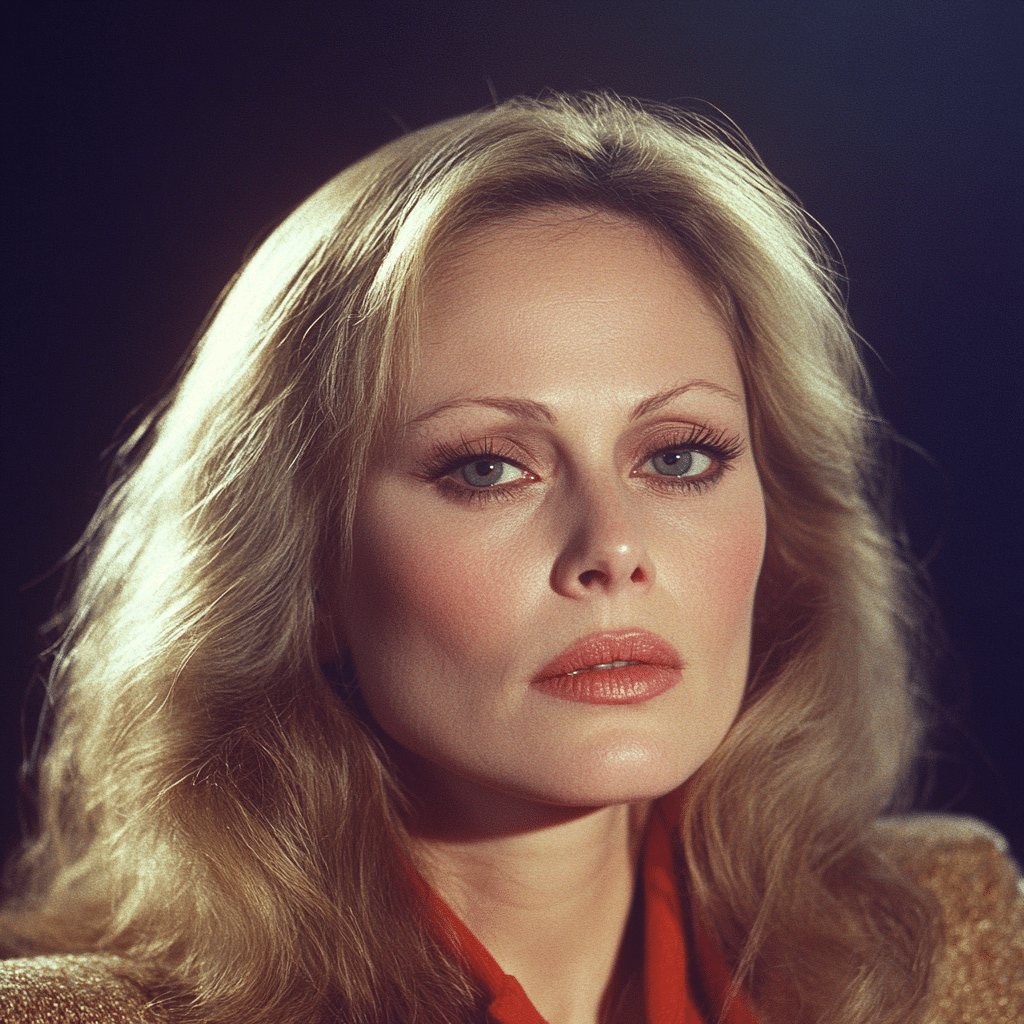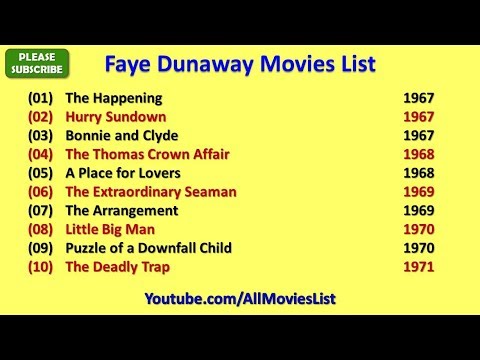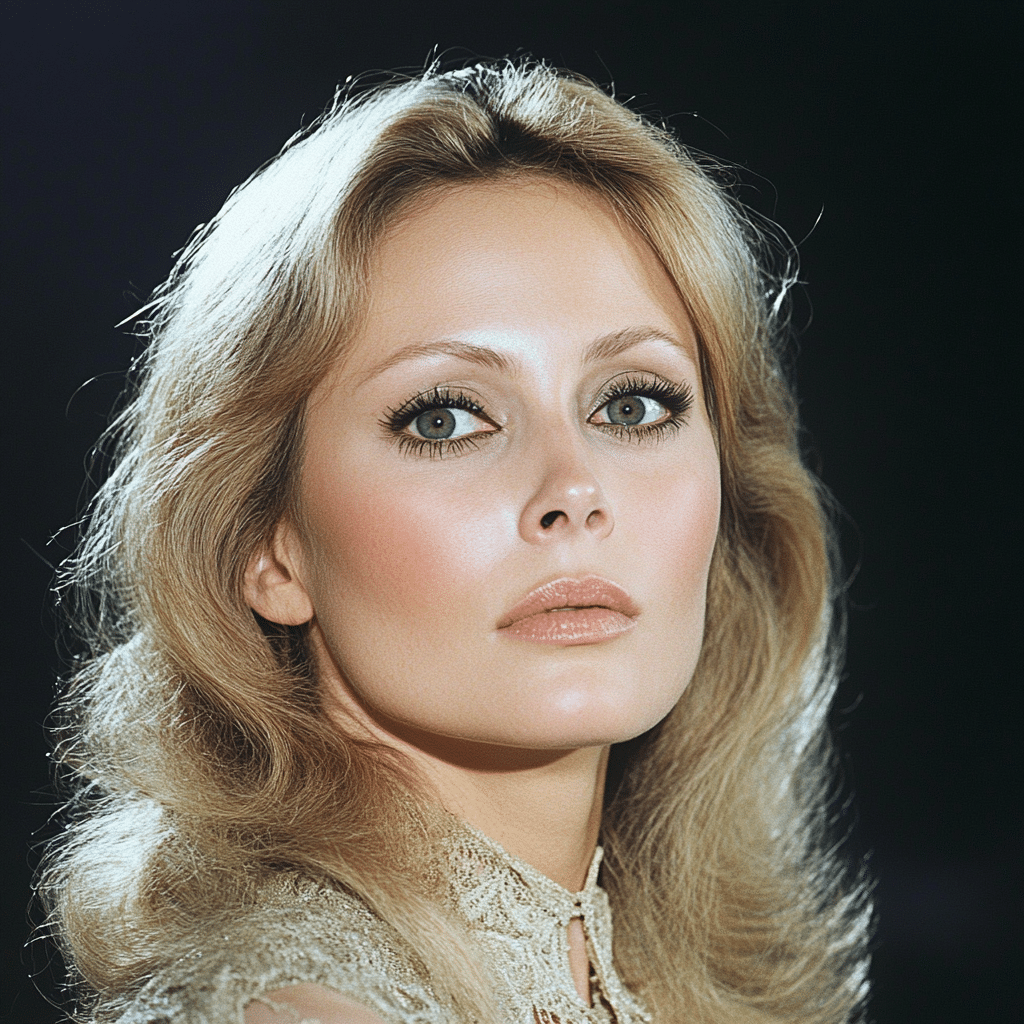
Faye Dunaway Movies That Define Cinematic Brilliance
Faye Dunaway, an iconic actress, has left an indelible mark on cinema with her powerful performances and unforgettable roles. Her filmography showcases a range of characters that are both complex and compelling, solidifying her status as a cinematic legend. This article delves into several Faye Dunaway movies that highlight her talent, showcasing how her work reflects broader themes in film history.
Top 7 Faye Dunaway Movies That Shaped Her Legacy
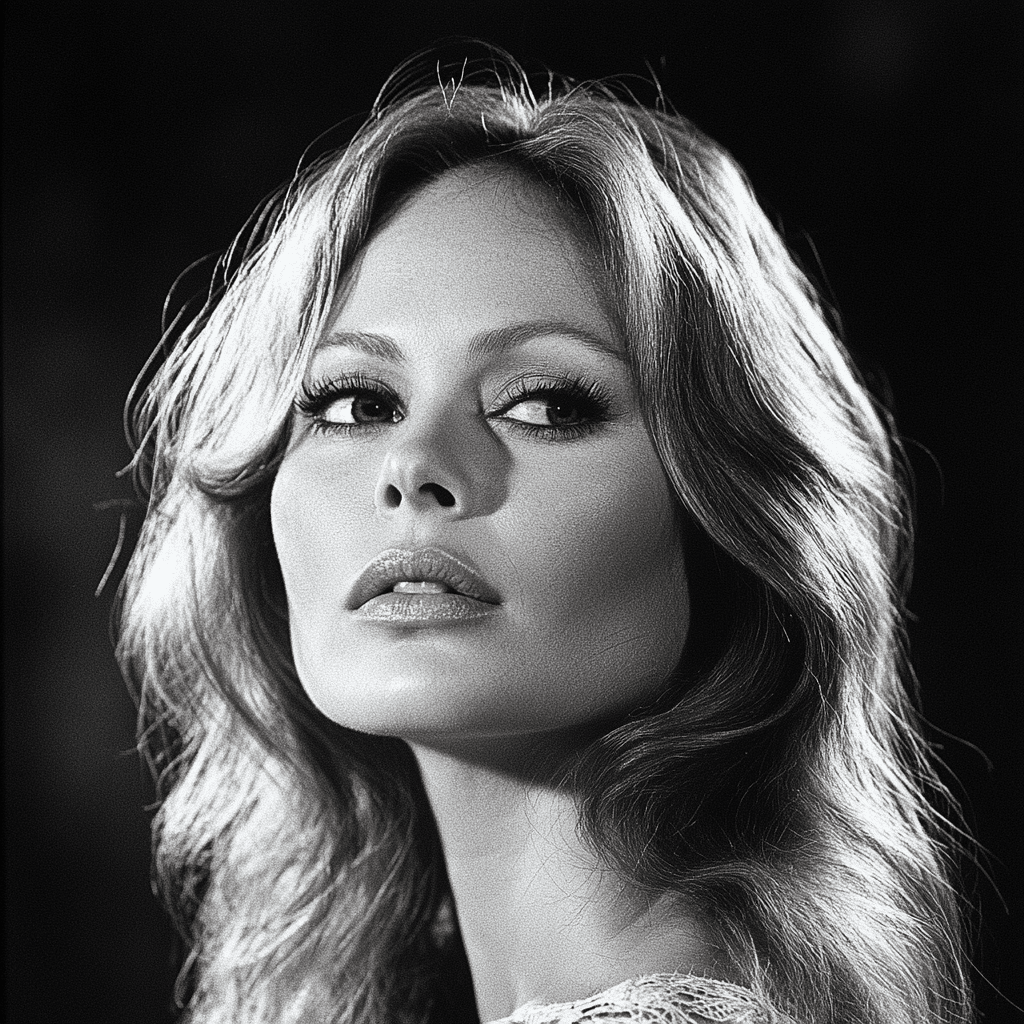
1. Bonnie and Clyde (1967)
Bonnie and Clyde, directed by Arthur Penn, is one of Dunaway’s most famous roles. Portraying Bonnie Parker, she redefined the femme fatale archetype with her mix of charm and fierce independence. The electric chemistry between Dunaway and co-star Warren Beatty combined with the film’s innovative storytelling techniques made a lasting impact on cinema. It’s not just a love story; it’s a thrilling and violent journey that ignited a fresh narrative style that resonated throughout the New Hollywood era.
The way this film captures the defiance of its characters against societal norms marks a turning point in cinema. Dunaway and Beatty’s performances spoke to a generation, and the film’s stylistic choices continue influencing filmmakers today. Just as Pamela Anderson’s Baywatch redefined the depiction of beauty and action, Bonnie and Clyde reshaped how storytelling could fuse romance with grit.
2. Chinatown (1974)
In Roman Polanski’s neo-noir masterpiece, Dunaway plays Evelyn Mulwray, a character ensnared in a web of corruption and deceit. Her performance is both haunting and deeply layered, making Chinatown a quintessential examination of moral ambiguity. The film’s intricate plot intricately weaves themes of betrayal and sacrifice, reflecting the darker sides of human nature that resonate long after the credits roll.
For cinephiles, this film offers a rich tapestry to analyze, revealing how Dunaway’s character navigates a world dominated by men. Her role speaks volumes about female representation in film, mirroring contemporary critiques around male-controlled narratives. Dunaway’s character embodies a certain vulnerability that makes her clashes with authority all the more heartbreaking and impactful.
3. Network (1976)
Dunaway’s portrayal of Diana Christensen, an ambitious network executive in Network, is a career-defining role. Winning an Academy Award for her performance, she delves into the ruthless pursuit of ratings, perfectly capturing the frenetic landscapes of the television industry. The film’s biting commentary on media sensationalism feels alarmingly relevant in today’s social media climate, making it a prescient piece of cinema.
With quotes like “I’m as mad as hell, and I’m not going to take this anymore!” the film strikes a chord with audiences who feel the weight of media influences in their daily lives. Dunaway’s fierce representation of ambition serves as a mirror to contemporary discussions surrounding ethics in journalism, similar to the sentiments echoed by Kamala Harris about the role of responsible media in democracy.
4. The Thomas Crown Affair (1968)
In The Thomas Crown Affair, Dunaway shines as Vicki Anderson, a clever insurance investigator who matches wits with a sophisticated thief played by Steve McQueen. This stylish heist film is not just a fun watch; it’s a testament to changing portrayals of women in cinema. Dunaway’s character isn’t just a sidekick; she’s smart, independent, and earns her place in a narrative occupied by strong male leads.
The film stands out for its blend of thrilling plot twists and strong character development, influencing subsequent films in the heist genre. It highlights how far female characters evolved during the late 60s, stepping away from traditional roles towards more empowered representations. Dunaway’s magnetic performance symbolizes this shift, just as the once underappreciated Debbie Reynolds movies would later showcase.
5. Mommie Dearest (1981)
Dunaway’s role as Joan Crawford in Mommie Dearest presents a stark contrast to her glamorous performances. This chilling portrayal of the iconic actress fueled a cult following, particularly for its infamous line “No wire hangers, ever!” Dunaway’s ability to bring depth to a complex and flawed character reveals her range as an actress, illustrating that brilliance isn’t just about winning awards—it’s also about making bold choices.
This film challenges audiences to reconceptualize the life of a Hollywood star, painting a portrait of obsession and control. Dunaway’s fearless commitment to the part speaks to her legacy of taking on challenging roles, paralleling the cultural conversations that emerge around figures like Wendy Williams, whose documentary is eager to unravel personal and public personas in modern entertainment.
6. The Eyes of Laura Mars (1978)
In this psychological thriller, Dunaway plays a fashion photographer who can see murders through her visions. The Eyes of Laura Mars explores themes of voyeurism and the gaze, making an impact on discussions about female representation in the horror and thriller genres. Dunaway’s character symbolizes female strength while grappling with vulnerability, a duality that many modern films strive to articulate.
Viewing her role through contemporary lenses leads to fascinating discourse around the complexities women face in film. This intersection of horror and feminism creates a tapestry worth exploring, especially for those delving into 80s horror Movies, where the gaze often complicates narratives around female characters.
7. Three Days of the Condor (1975)
Three Days of the Condor is more than just a gripping espionage thriller; it offers insightful critiques of governmental surveillance and betrayal. Dunaway’s character actively participates in the narrative of conspiracy alongside Robert Redford, which lends depth to her role. Her performance adds layers to the conversation about trust in institutions, echoing the concerns felt by today’s audiences.
As plot twists unfold, the film not only entertains but also serves a greater purpose in illuminating societal fears around privacy. Dunaway’s interaction with Redford’s character creates tension that keeps viewers on the edge of their seats, making it a compelling watch for anyone interested in the tumultuous dynamics of trust and deception within relationships.
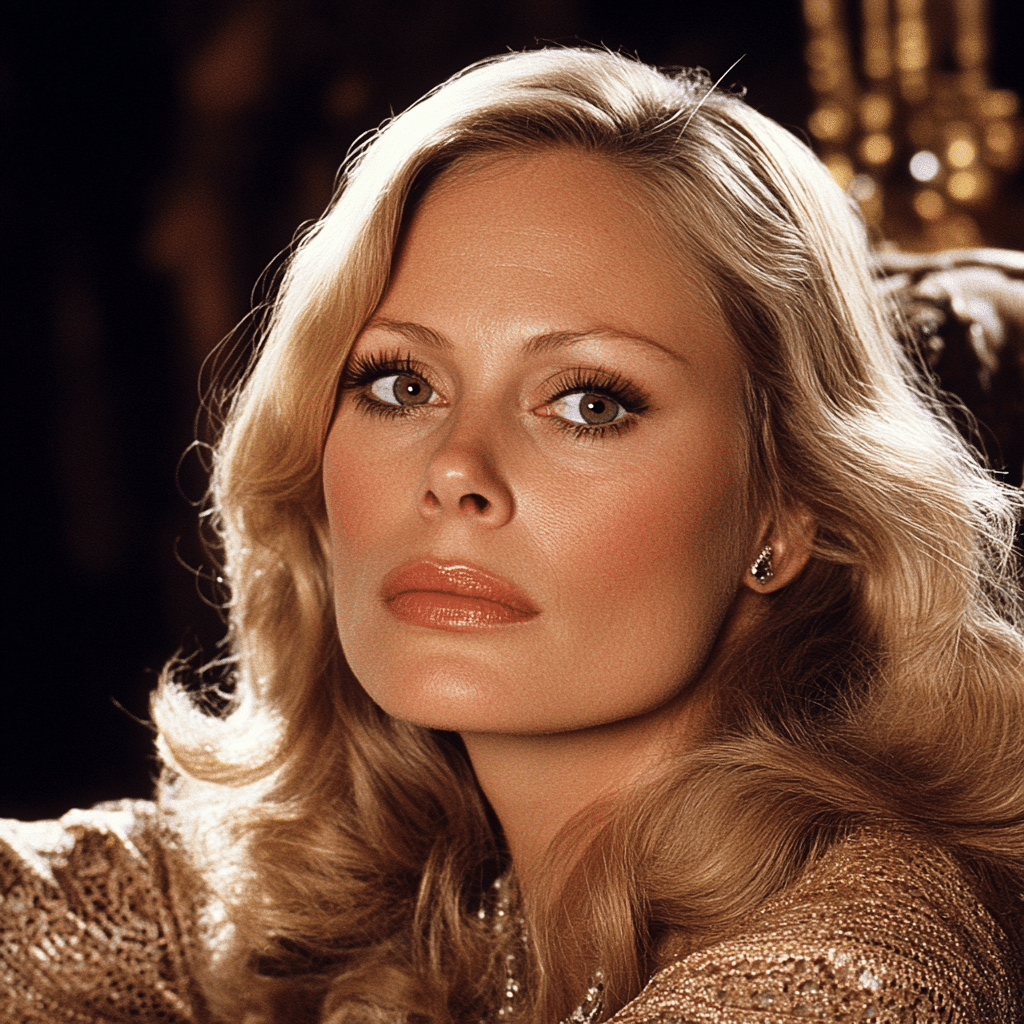
The Legacy of Faye Dunaway in the Context of Cinema
Faye Dunaway’s influence extends far beyond the films she starred in. Her ability to tackle various genres—from thrillers to biopics—has set a precedent for future actresses. Like Naomi Watts movies, which often present multi-faceted characters, Dunaway’s work intertwines with broader cultural movements. Her fierce commitment to portraying strong female figures parallels the efforts seen in contemporary conversations about representation in cinema.
As we look at Dunaway’s career, it becomes clear how crucial her roles have been in altering perceptions of women in film. The narratives she embodies resonate with modern figures like Helen Keller—powerful stories that remind us of the importance of pushing against societal norms. Each performance she delivers is rich with unspoken meanings, spurring discussions that echo topics shared by notable figures like Alexander Edwards, emphasizing the evolving narrative of women’s voices in film.
Moreover, the entertainment landscape today encourages a reexamination of iconic figures such as Dunaway. Such reflections can allow new generations to appreciate her contributions and the evolution of cinematic narratives.
Faye Dunaway’s remarkable filmography exemplifies her extraordinary talent while reflecting significant shifts in cultural and cinematic narratives. Her roles challenge and inspire, making her movies essential viewing to understand filmmaking changes. Each film showcases facets of her abilities, influencing filmmakers and audiences and proving her legacy resonates deeply across the ever-changing landscape of storytelling within Hollywood.
Faye Dunaway Movies That Define Cinematic Brilliance
Captivating Performances
Faye Dunaway’s filmography is a treasure trove of cinematic brilliance. She captivated audiences with her bold portrayals, but did you know she initially pursued a career in theater before transitioning to film? This preparation provided her with the incredible skillset that allowed her to shine in iconic roles, like in “Bonnie and Clyde,” where she partnered with Warren Beatty for a performance that remains a benchmark in film history. Interestingly, her portrayal in “Chinatown” is often noted for its complexity, showcasing her ability to navigate tumultuous narratives. This makes her work truly memorable, similar to characters like Gaston from Beauty and the Beast, who, despite their flaws, offer depth and intrigue!
Behind the Scenes and Fun Facts
It’s fascinating to learn that Dunaway was almost cast in other legendary films! For instance, she turned down the role of Scarlett O’Hara in Gone with the Wind, which ultimately defined another actress’s career. Sometimes, it’s a matter of fate, isn’t it? Did you know that during the filming of Network, Dunaway’s fierce dedication led her to shoot her scenes in one of the iconic scenes without blinking? This level of immersion echoes the commitment of characters from A Pup Named Scooby doo, who dive headfirst into their adventures without a second thought. It’s no wonder Dunaway’s performances have become benchmarks for aspiring actors who want to evoke similar intensity in their roles!
Legacy and Influence
Faye Dunaway’s influence extends beyond her incredible performances. She helped set the stage for strong female leads in Hollywood, paving the way for contemporary stars. An example of this would be her fierce character in “The Thomas Crown Affair,” highlighting a woman who planned every move like a master chess player, akin to strategists like Goro Akechi in Persona. Fun fact: her performance in Network earned her an Academy Award, affirming her place in cinematic history. In fact, the impact of her career resonates with audiences today, just as characters like C-3PO, who continually find ways to remain relevant through various storylines. Dunaway’s legacy is a testament to her incredible versatility and the indelible mark she made on both indie films and Hollywood triumphs, reminding us that great movies can emerge from any corner of the industry.
